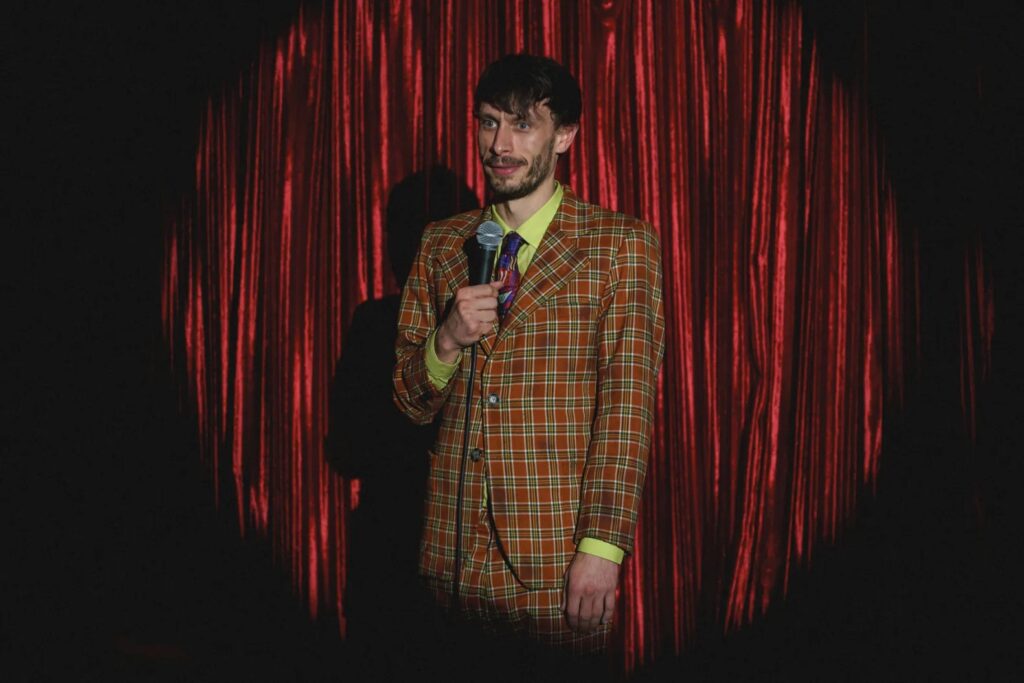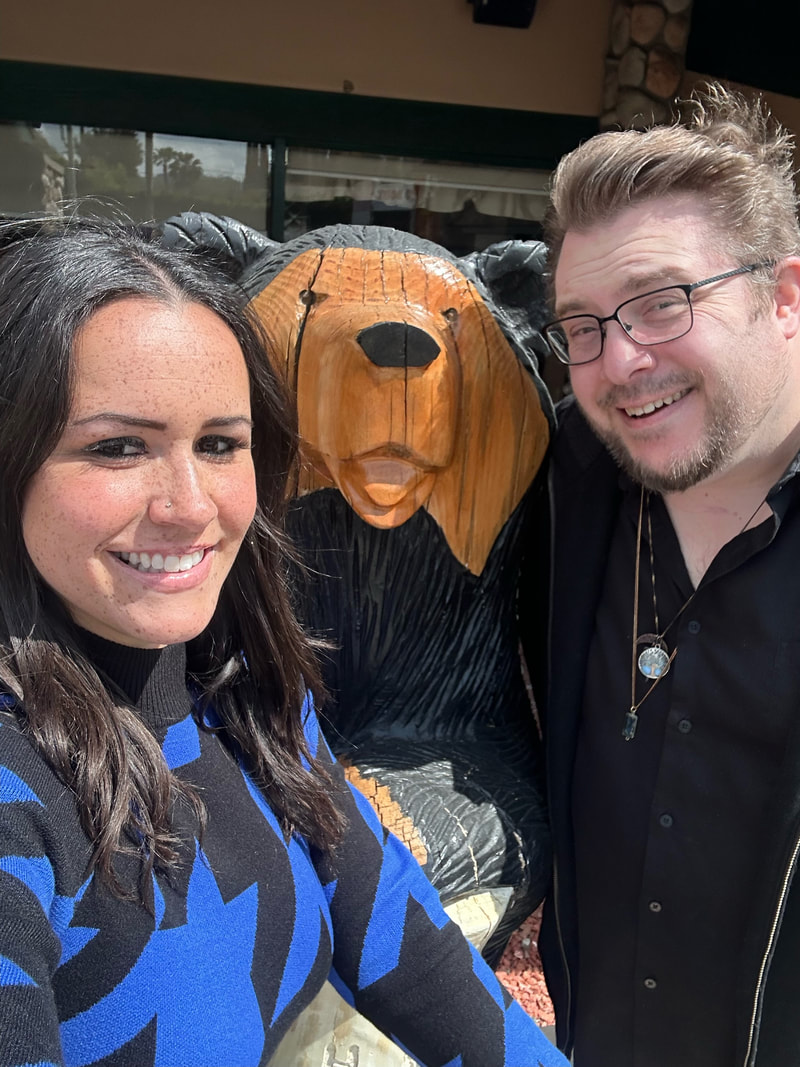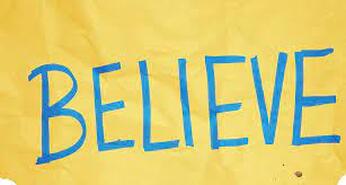|
Over the past thirty years there have been a lot of TV shows and movies about stand up comedy. A few get it right. Some are just blah. And a lot just suck. With Netflix's dark comedy "Baby Reindeer" becoming a hit and Emmy contender, and "Hacks" back on HBO/Max, there are a few shining beacons on a hill, but generally speaking, trying to translate the emotional and physical journeys of life on the road has been a tough cookie to crack for even the best producers, writers, and actors. There are a lot of reasons why, but let's look at the problematic structure of trying to create art that glamorizes the sad clown and ends up disrespecting the work that goes into the process of telling drunk people jokes.
Time to Stop Romanticizing the Sad Clown I remember I was a couple years into stand up when HBO's show "I'm Dying Up Here," about the rise of The Comedy Store in the 1970's, came on air. The pilot episode is about a good looking comic who got The Tonight Show, kills it, and then kills himself. Now his comedy buddies continue their journey to also reach the top of the mountain in some type exercise of self-torture. While the show was well acted and well produced, I kept asking myself, "Why is everyone so sad?" While there clearly depressed comics, like there are depressed teachers and depressed accountants, this archetype cannot be the norm. Out of that 70's era came Steve Martin, Jerry Seinfeld, Albert Brooks, Jay Leno, and David Letterman. While I'm sure they faced their demons, the general attitude is these guys are well adjusted comics. Sure, many others fell by the wayside, but the show was focusing on the top comics, not just open micers. So to play it off like they were all desperate and drug infused and empty feels lie a mythology that never really added up. The movies Punchline and Funny People also addressed this mythos, but failed with critics and audiences. How? One stared Tom Hanks and Sally Field in a retelling of how housewife Rosanne Barr became a comedian, and Adam Sandler played an egomaniac comedian who becomes Seth Rogan's boss in the other. Both should have been huge hits. Both flopped. Because the little dark secret is that audiences DON'T want to see that our court jesters are these awful, dark people. People see comics as the life of the party. If Van Gough is a depressed misunderstood artist - fine. If rock stars are drug using poets - whatever. But leave the funny guys alone. These quiet cries for help doesn't feel real. Shouldn't they be enjoying some of this success? And not simply in a hedonistic self-serving way? Stand Up Scenes in Scripts is Cringe Go watch any Netflix comedy special you like and you'll probably laugh a little if not a lot. Same goes with a late night set. I can watch a few favorite comics do their "Conan" sets multiple times. Now go watch a movie or TV show where a comedian is doing the same thing on stage, and I DARE you to laugh. You won't. In fact, it comes off as cringy and forced. Why? Because there's no life or energy in staged stand up. You cannot stage forced laughter. The high wire tension is gone in a scripted series or film. Chris Rock in "Bring the Pain" is a walking firecracker challenging his crowd with every setup and punchline. Watching Chris Rock do stand up near the end of the film in Top 5 is so different. The crowd throwing their head back just doesn't feel real. He's maybe the funniest comic in the world, but in a feature film or TV show, somewhere in the editing and sound mixing his punchlines just don't land the same way. This is across the board. "Hacks," a very solid show, gives a lot of insight to the comedy world, but the parts I always find less authentic is the stand up portions. The show's character banter could be taught in a UCLA screenwriting course, but when the characters get on stage to tell zingers, all believability goes out the window. It becomes like those poorly edited sport film shots in slow motion where the basketball flies through the air and all the characters look up to watch it swoosh or bounce off the rim. While these moments move the plot forward, and are necessary evils, they are not how we actually experience these moments. Stand up comedy included. Stand up is a personal experience. Having everyone laugh NEVER happens in real life. It might feel like everyone is on board, but every comic knows when you hit the big laugh and it comes back to you, all you see is the one guy NOT laughing. Film never translates that well. Bombing Can Be Filmed is Done Correctly If there is one aspect of stand up that can be shown correctly, it's the art of bombing. Joker, "Baby Reindeer," and The King of Comedy do nice job of showing the horrors of bombing, while also embracing the delusion of believing the set went well. While I cringe at bad staged stand up, my heart aches empathetically when they show the sinking ship of bombing on stage. In the new show "Baby Reindeer," our protagonist goes to Edinburgh Fringe, only to be met with small crowds and confused patrons. This felt real, and played into the real journey comics deal with. When his show suddenly becomes a hit, I was utterly confused. What was the difference? The TV show, for all its successes, lost me in that moment. Maybe the best example of bombing in a film is in Albert Brooks brilliant afterlife comedy Defending Your Life. When the Brooks' character Daniel finds himself in purgatory, he visits a comedy club and the comic is dying on stage. Which is beautifully ironic because they're in the afterlife. I guess hell is a never ending open mic. The Fast Track To Success Isn't Real Maybe the greatest sin is the way these shows and movies give people a fast track to success. "The Marvelous Mrs. Mazel," "Crashing," "I'm Dying Up Here," and even Man on the Moon hint that we are all like the female lead in A Star is Born. If just one person sees us, we can be headlining in days. Or getting writing jobs. Or crowd warm up jobs. Or cruise ships. From a story point, it makes sense. Exposing the workings of bad open mics do not make good TV. But the illusion of overnight success is a caricature that actually promotes the false narrative that comics can "just make it" if they get up on that one magical night. It's also why so many comics beg for stage time, thinking after their 5 minute showcase a big agent will discover them. That's just not true. And these stereotypes create expectations that are unfair. I've written before about comics maxing out credit cards thinking they'll make it big later, only to find themselves thousands in debt and still making $25 a show. I've actually had people give me career advice saying, "on Miss Mazel this is what she did..." and I have to remind them that it's a fake show about a fake person. The reason "Hacks" works is because the main character is being showcased at the end of her life, and her writer Eva is just starting out, with roommates and struggling to create her own voice. It feels real. It feels like they really are struggling artistically. Final Thoughts Recently, reports came out that biopic movies about Chris Farley, Richard Pryor, and other prolific comics are coming out. Plus Hulu just dropped The Dark Side of Comedy with 20 documentary shorts about everyone from Robin Williams to Dustin "Screech" Diamond - focusing on the pain and tragedy of comics. While these stories are sad, they are really not the norm. Most comics who make it have a good run. Most don't die of drug usage. In fact, most don't really make it all. Most work full time jobs and do stand up as a hobby or they are road comics with families and kids back home. Most make very little money in comedy and drive Uber or wait tables. Most live relatively mundane lives with a splash of artistic expression through stand up, five minutes at a time. So when I see movies and TV shows want to exploit the internal struggle with outward expression, it frustrates me. When I see the overnight success motif play out, it disheartens me. When I see the uproarious laughter of an unfunny joke so we can establish the character's growth, it irritates me. Maybe I sound like an old man yelling at a cloud, but I'd like to think my righteous indignation is more real than anything Hollywood has produced about the tragically glamorous life of stand up comedy.
0 Comments
Leave a Reply. |
Paul Douglas Moomjean Blog's About What's on His MindBlogging allows for me to rant when there is no stage in the moment to talk about what's important and/or funny to me. Archives
July 2024
Categories |


 RSS Feed
RSS Feed
